María Fernanda Espinosa
María Fernanda Espinosa, a former president of the UN General Assembly, is Executive Director of GWL Voices and Co-Chair of the Debt Relief for a Green and Inclusive Recovery Project.
-
The Global South’s Debt Crisis Is Thwarting Climate Ambition
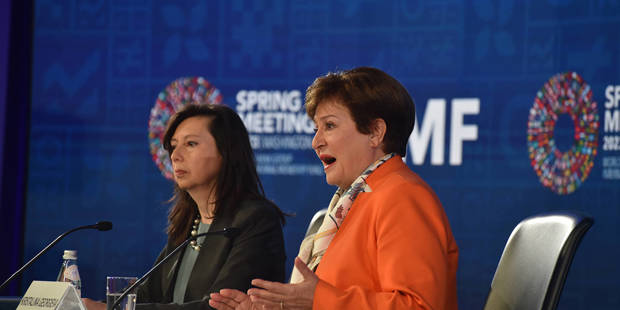 Free to read
Free to readThe Global South’s Debt Crisis Is Thwarting Climate Ambition
Dec 6, 2023 María Fernanda Espinosa & Rishikesh Ram Bhandary warn that lack of fiscal space in the developing world is impeding progress on the clean-energy transition.
-
The Debt-Climate Nexus
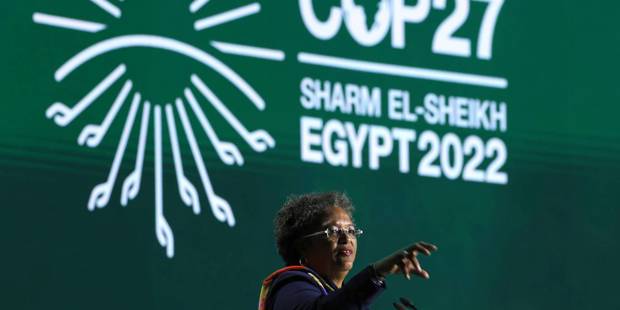 Free to read
Free to readThe Debt-Climate Nexus
Dec 13, 2022 María Fernanda Espinosa, et al. suggest how the developed world can help low- and middle-income countries avoid a liquidity crisis.
-
Climate Justice Requires Women's Leadership
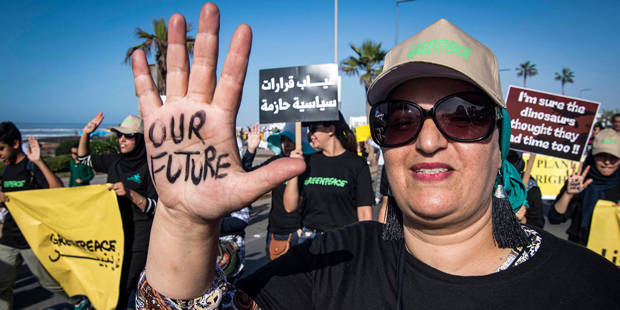
Climate Justice Requires Women's Leadership
Mar 24, 2022 Laura Chinchilla Miranda & María Fernanda Espinosa argue that a carbon-neutral world is possible only if gender equity in policymaking is achieved.
-
A New Vision for Global Cooperation
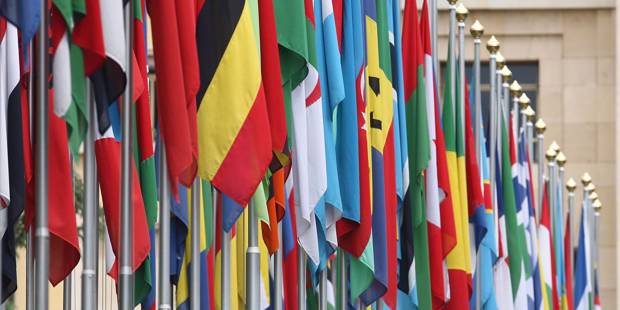
A New Vision for Global Cooperation
Oct 22, 2021 María Fernanda Espinosa & Danilo Türk assess the potential of UN Secretary-General António Guterres’s plan for a revitalized multilateralism.
-
Building an Inclusive, Networked UN
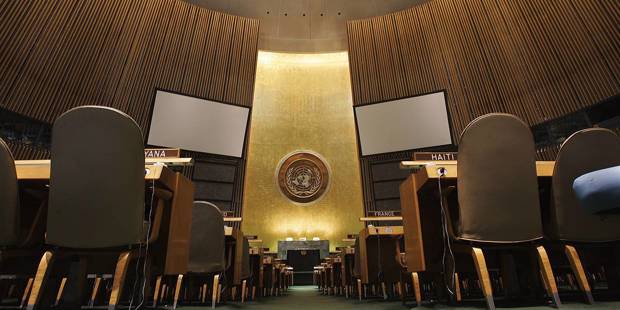
Building an Inclusive, Networked UN
Jun 23, 2021 María Fernanda Espinosa & Danilo Türk call for an overhaul of global governance to ensure the organization’s continued relevance.








